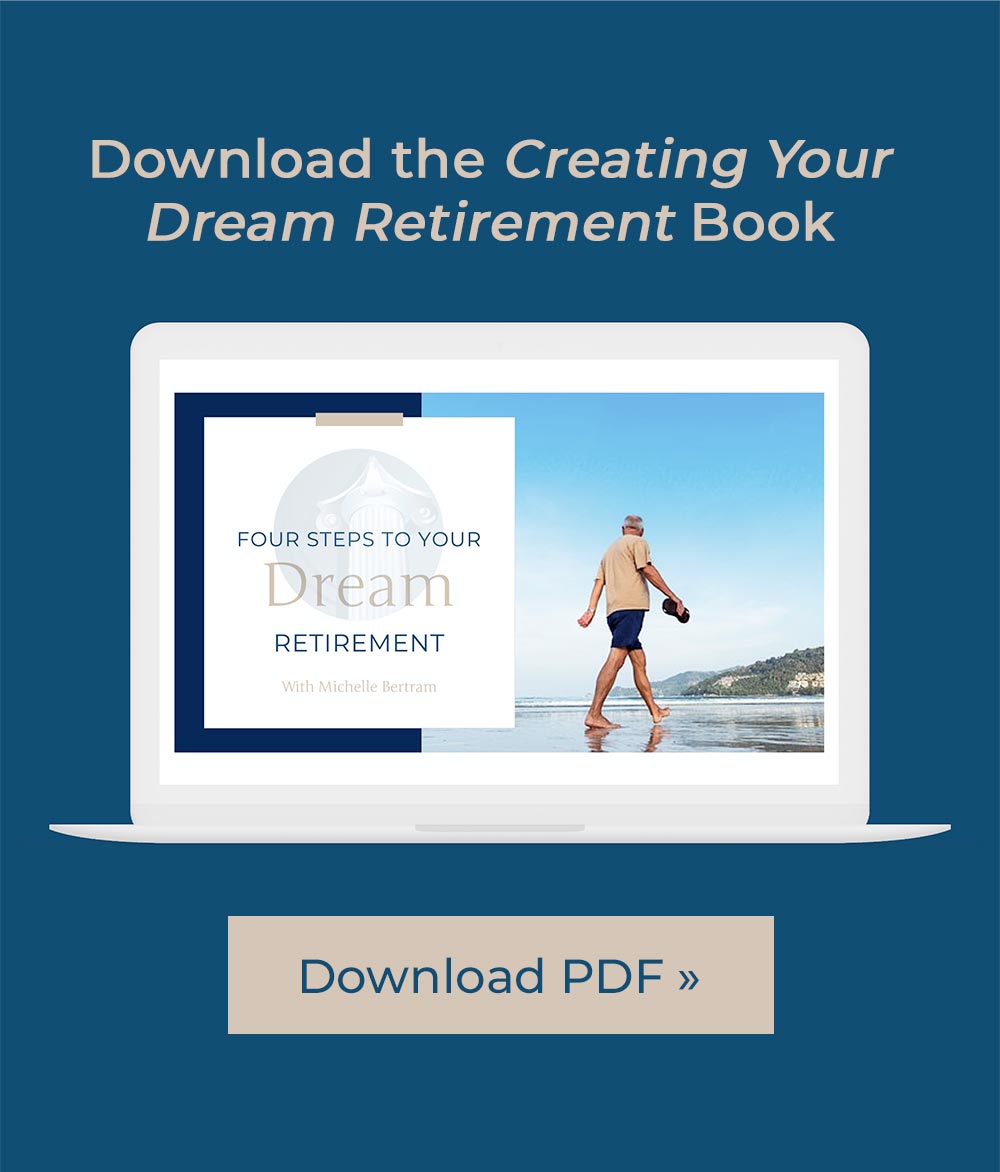Common Portfolio Wisdom
Common Portfolio Wisdom
Pros –
Many new factors:
Internet, Baby Boomers, Global Markets, War on Terror
Cons –
The appearance that we are smarter
Details abound; structure remains
Factors change; results consistent
Society may change, but human nature doesn’t
Axiom –
We are never in a new era. Market action is a reflection of human reaction. Human nature is the constant in the equation.
You also must overcome generational bias. That is, every generation thinks they are smarter than the last. When it comes to the market, we think that it will be different this time… that has been thought for years from the roaring 20s to the 90s tech boom to now… The market goes up and comes down, it will, and it must.
The truth is, we are heading into a normal market, but a normal market can be scary! A normal market has both bears and bulls, ups and downs. We have been on this upward climb for so long that sometimes we seem to forget that what goes up, must come down.
I just read an interesting article on why the market must go down, I feel this quote puts it in perspective.
Common Portfolio Wisdom – “WE’RE IN A NEW ERA… OLD MARKET RULES DON’T APPLY” The only reason stocks can go up is because they can also go down. It is this risk that keeps investors in check and that keeps people from paying an infinite amount of money for shares in a business. The reintroduction of risk, in the context of this summer’s sell-off, is the best thing that could have possibly happened. When the possibility of loss goes away, so does the probability of gain.
However, that doesn’t mean you should just be ok with losses. Warren Buffett once said it this way, “Invest in such a way that whether the markets go up, down or sideways you are ok.” He also put it this way, “You know who is swimming naked when the tide goes out.”
Everything looks great when the market is on a bull run when the tide is in, but when the bear comes and the tide goes out, is when you find out if you are protected (clothed) or swimming naked.
Remember the 2008 stories where people went back to work or delayed retirement because of the losses they suffered? History will repeat itself. Don’t let that be you, don’t be caught swimming naked with advisors and managers swimming naked with your telling you in it for the long haul.
Michelle Bertram and Beverly Bertram are financial advisors living in Mineral Point WI and serving the surrounding communities. Michelle Bertram does financial planning for retirees along with business consulting. Beverly Bertram specializes in retirement planning and income planning for her clients. Michelle Bertram and Beverly Bertram are authors of the book, Creating You DREAM Retirement and creators of the DREAM Retirement Process. Serving Madison WI, Verona WI, Mount Horeb WI, Barneveld WI, Dodgeville WI, Dubuque IA, Platteville WI, Lancaster WI, Cuba City WI, Fennimore WI, Darlington WI, Monroe WI, Spring Green WI, Black Earth WI and beyond
Want to share this blog post? Click the links below!


